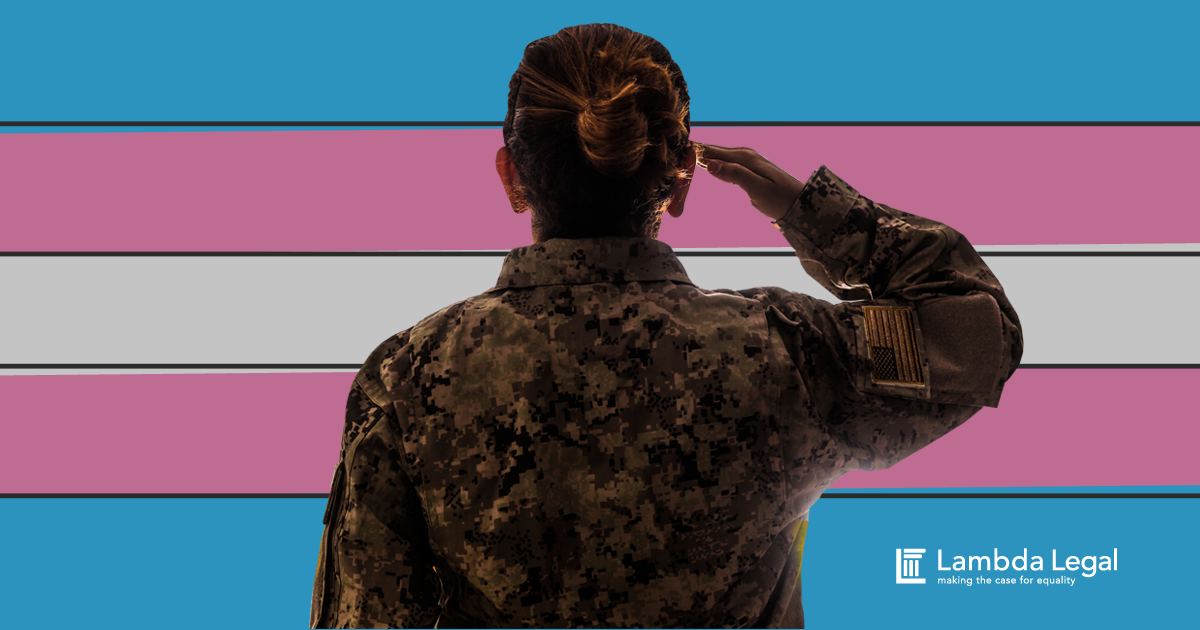Donald Trump’s “tweet ban” on open military service for transgender people is unequivocally unconstitutional. It’s also – despite the Trump administration’s most recent late Friday night attempt to wrap up this old fish of a “policy” in today’s newspaper (spoiler alert: it’s still the same old rotting fish) – likely on its last legs.
Four federal courts have issued preliminary injunctions against the trans military ban: the Western District of Washington State, the District of Columbia, the District of Maryland, and the Central District of California have all stopped Donald Trump from enforcing his “tweet ban” while the litigation proceeds.
These decisions have a lot in common. They all hold that – but for the preliminary injunction – the plaintiffs would suffer irreparable harm, and that the public interest weighs in favor of granting the preliminary relief from the ban.
They also all hold that the transgender plaintiffs in these cases are likely to succeed on the merits of these cases. That’s a big deal.
But, these injunctions are preliminary. They do not provide permanent relief, and only temporarily stop the government from taking discriminatory action while this litigation proceeds. There is no security that these courts will ultimately rule in favor of the transgender plaintiffs, even if their preliminary rulings feel indicative.
It’s also worth keeping in mind that even if all of these lower courts were to definitively rule that the ban violates the constitution, these cases could — and probably would — be appealed by the Department of Justice all the way to the Supreme Court. This process could take months – or even years.
And in the meantime, unfortunately, transgender people serving in or seeking to join the military must live under a dark cloud of harmful uncertainty.
Although at least one openly transgender person has decided to enlist in the military under the protections of the preliminary injunctions, many others have decided to wait for the litigation to proceed because they have a reasonable concern that the rug will be pulled out from under them once they have enlisted. This “chilling effect” means that many transgender people who would otherwise join the military are effectively denied the privileges that come with military service as they wait indefinitely for finality in the courts.
Openly serving transgender service members are also currently forced to cope with concerns about their livelihood; whether they will be able to support themselves and their families in the future and whether they will soon lose health care for themselves and their children if they are purged out of the military. This ban has placed a badge of inferiority on transgender service members. It stigmatizes them as less capable of serving in the military and reduces their stature among their peers.
Many others are forced to hide their identity because they reasonably fear that if they come out to their command and there is an adverse court ruling, they too will be summarily dismissed from their jobs.
We are confident that the courts will soon rule that the “tweet ban” is patently unconstitutional on the merits, and that this decision will be upheld on appeal. Unless and until that happens, however, openly serving transgender service members and those seeking to join the military continue to work beneath a dark cloud of uncertainty.





